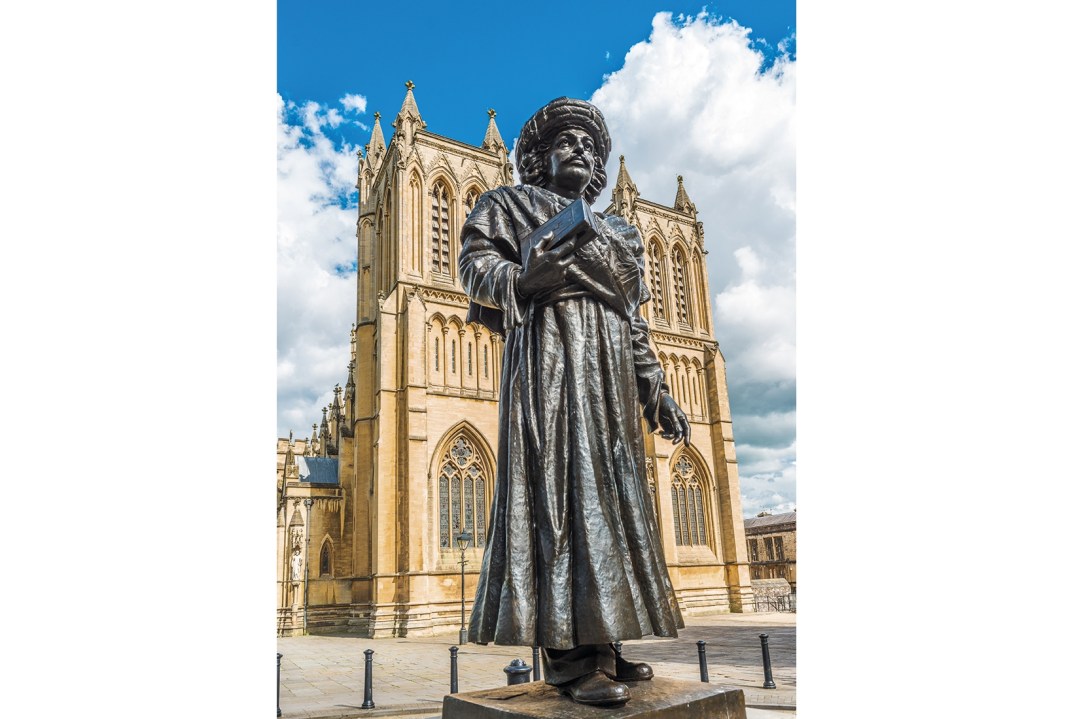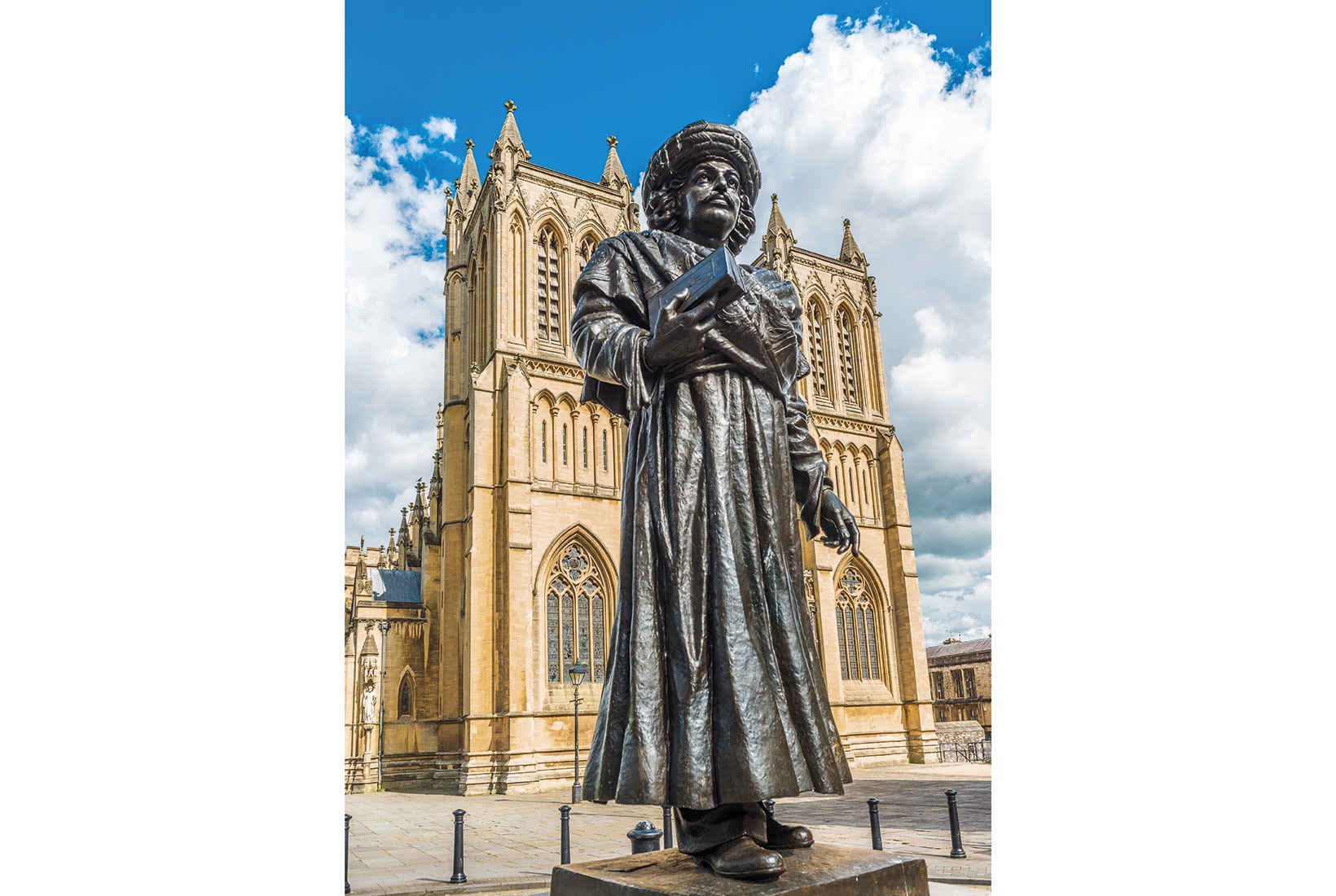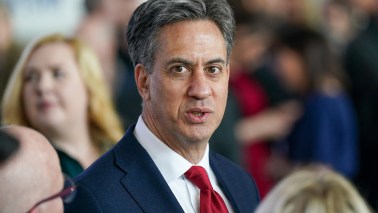On my visits to Bristol in the past, there was always a certain statue peering over the city centre that would trigger heightened emotions in me. I’m not talking about the recently toppled monument of slave-trader Edward Colston, but the memorial to another representative of empire: the radical scholar and reformer Raja Rammohan Roy, who came to London in 1830 as the ambassador of the Mughal Emperor (who was by then a titular sovereign under the rule of the East India Company), and died in Bristol three years later. He now stands in pride of place on College Green, outside the cathedral, about five minutes’ walk from where the Colston statue stood, until last weekend.
Both statues commemorate quintessential products of the British Empire. And yet they couldn’t have been less alike. The moneyed, dandyish Colston, portrayed with cane in hand, was an unscrupulous capitalist who earned a fortune from the enslavement of 84,000 Africans, whereas the austere, scholarly Rammohan Roy, seen wielding a hardback, was a spiritual reformer who wrote and campaigned in five languages, notably against child marriage and widow-burning.
About Colston’s neighbour, there remains a telling ignorance. Roy’s name doesn’t come up in discussions about Bristol’s public space, despite the prominence of memorials to him throughout the city. The ‘decolonise’ movement pushing for the removal of imperialist monuments (distinct from Black Lives Matter) is curiously apathetic about recognising the achievements of such black and Asian luminaries, even though it might have learned something from a man who was decolonising society two centuries ago. Once in Britain, Roy campaigned for a parliamentary crackdown on the East India Company and for democratic enfranchisement in the Reform Bill, threatening to quit the empire if it wasn’t passed.
Would-be decolonisers are ostensibly in favour of an inclusive, warts-and-all history of Britain’s entanglements with the world.








Comments
Join the debate for just £1 a month
Be part of the conversation with other Spectator readers by getting your first three months for £3.
UNLOCK ACCESS Just £1 a monthAlready a subscriber? Log in